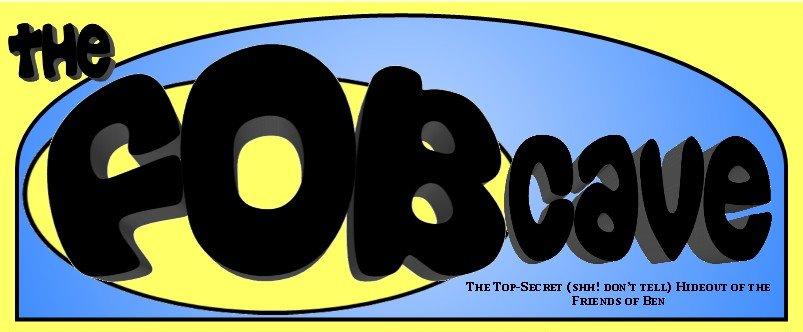I'm currently listening to Reading Lolita in Tehran by Azar Nafisi. Well, technically, I'm currently listening to Feedback by Jurassic 5, but in a broader sense of "currently" I am listening to Reading Lolita. I'm only about halfway through, and that's after listening to it on the way to and from work for the past couple weeks and on the five-hour drive home from Vegas. It's kind of hard for me to get into because it's rather slow--slow like taking a walk through the park and taking time to smell all the flowers and feed all the birds, so it's a good kind of slow, but slow nonetheless. It's interesting, though, to see how Nafisi remembers her life through the various books she's read and the literature classes she's taught.
As I reentered Utah Valley on Monday afternoon, Nafisi (or the narrator in Nafisi's name) was talking about a mock trial she conducted in a class, sparked by a student's objection to reading The Great Gatsby. As she spoke to the jury, representing the defendant--the book itself--she brought up the issue of morality in fiction. This is nothing new to me; one does not get a master's in English from BYU without having a Morality in Fiction discussion at least twelve hundred times. I appreciated Nafisi's perspective, though. She says that a good novel is democratic. Not that it promotes democracy, she assured her students, but that it is democratic because it represents a multiplicity of voices. In moral fiction all viewpoints are represented.
The example that came to mind for me was Brokeback Mountain. Because of my particular position in life, I felt a need after watching Brokeback twice to defend my decision to see a movie about a man who cheats on his wife with another man. My defense was that the movie was moral because it portrays an important truth: indecision, as represented by Ennis del Mar's inability to choose between his wife and his lover, leads to unhappiness. However, this is not quite true. The movie is not moral because it portrays this truth, but because it allows me to see what I consider truth in it while allowing others to see other truths, even conflicting truths. Another viewer might see that Ennis is unhappy because he has tried to live a straight life when he is Undeniably and Unchangeably Gay, while another might see that Ennis is unhappy because he tried to make a gay relationship work when straight is, in fact, the One True Sexuality. Brokeback Mountain does nothing to deny any of these interpretations, nor to promote any one of them over the others, and this is precisely what makes the movie moral--as in life, the experience can be seen from a number of perspectives and it is up to the viewer to decide what is true, not to accept a "truth" imposed on him by the artist.
But then I don't know. This might just be another case of Master Fob the Moral Relativist. What do you think?

What? I thought Feedback didn't come out for another couple days! I want it, I want it! Oh, I'm a Quannum fanatic now by the way. Lyrics Born is my favorite of all of them and the Latryx cd is awesome too.
ReplyDeleteYour blog brings to mind a comment my sister made while telling me about her calling several years ago, when she was drama director. She said the manual specifically cautioned them against trying to find plays with no 'evil' in them, because in real life there IS opposition in all things, and 'good' and 'evil' are more easily recognized when seen contrasted against each other. (I'm paraphrazing what I remember her telling me.)
ReplyDeleteThe real issue is not whether or not immorality is portrayed in a book or movie, but whether or not the CONSEQUENCES of immorality are portrayed REALISTICALLY. The Bible speaks of some pretty horrendous things, but it never presents those things as 'glamorous and exciting' or as having a 'happy ending', when in reality they don't.
Another issue, of course, would be whether or not immorality is portrayed in 'good taste' as opposed to graphically, etc. And this would probably relate to the author's or director's purpose in portraying it - whether to be realistic and make a point, or just to sensationalize and provoke less than uplifting thoughts!
"In moral fiction all viewpoints are represented."
ReplyDeleteI'm not sure if it's that, exactly, because there's a theoretically infinite number of possible viewpoints to represent.
Maybe it's more that the author doesn't impose their viewpoint on the work. (Only that's not true, either, because authors always put their opinions into their work.)
Maybe . . . it's like showing, not telling. If the author has to tell you their viewpoint, hamfistedly, it's going to seem forced. If they can show you the story and lead you along their words and their ideas without it ever ringing false . . . then it's moral.